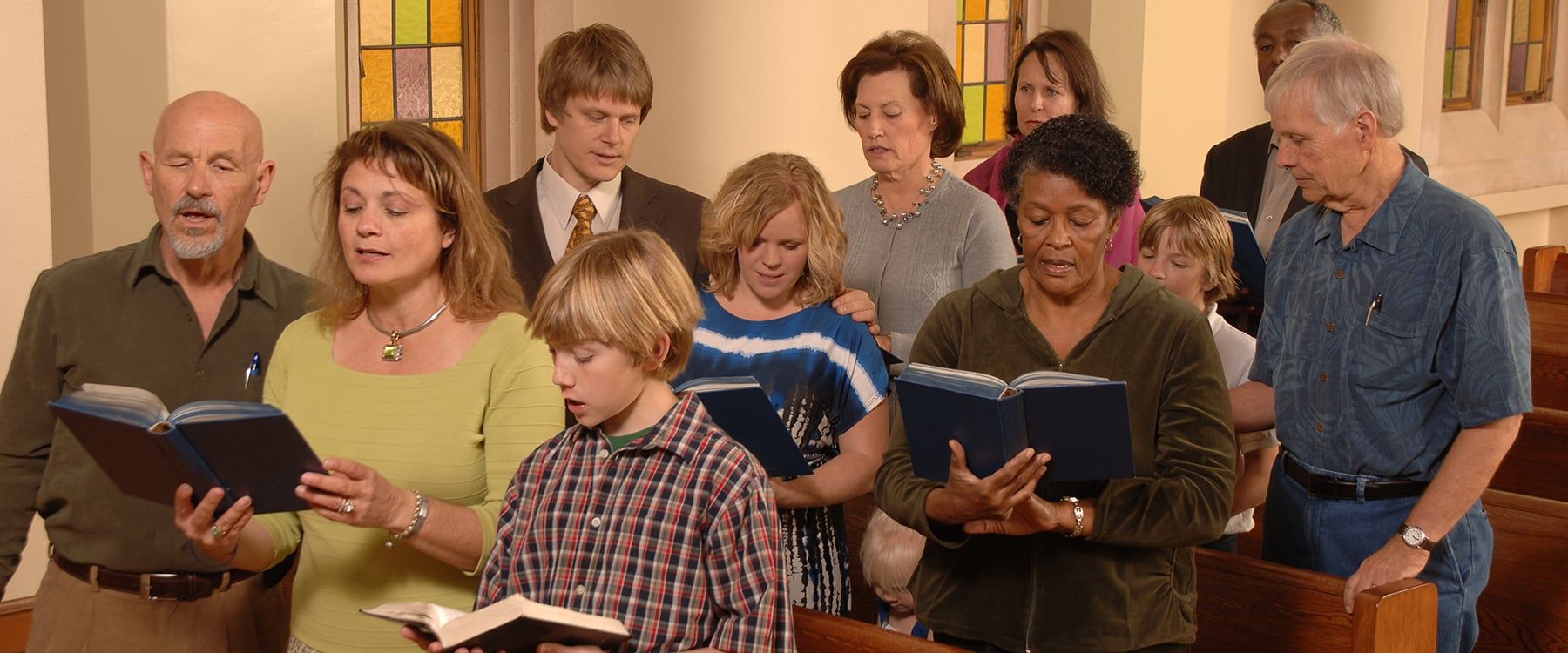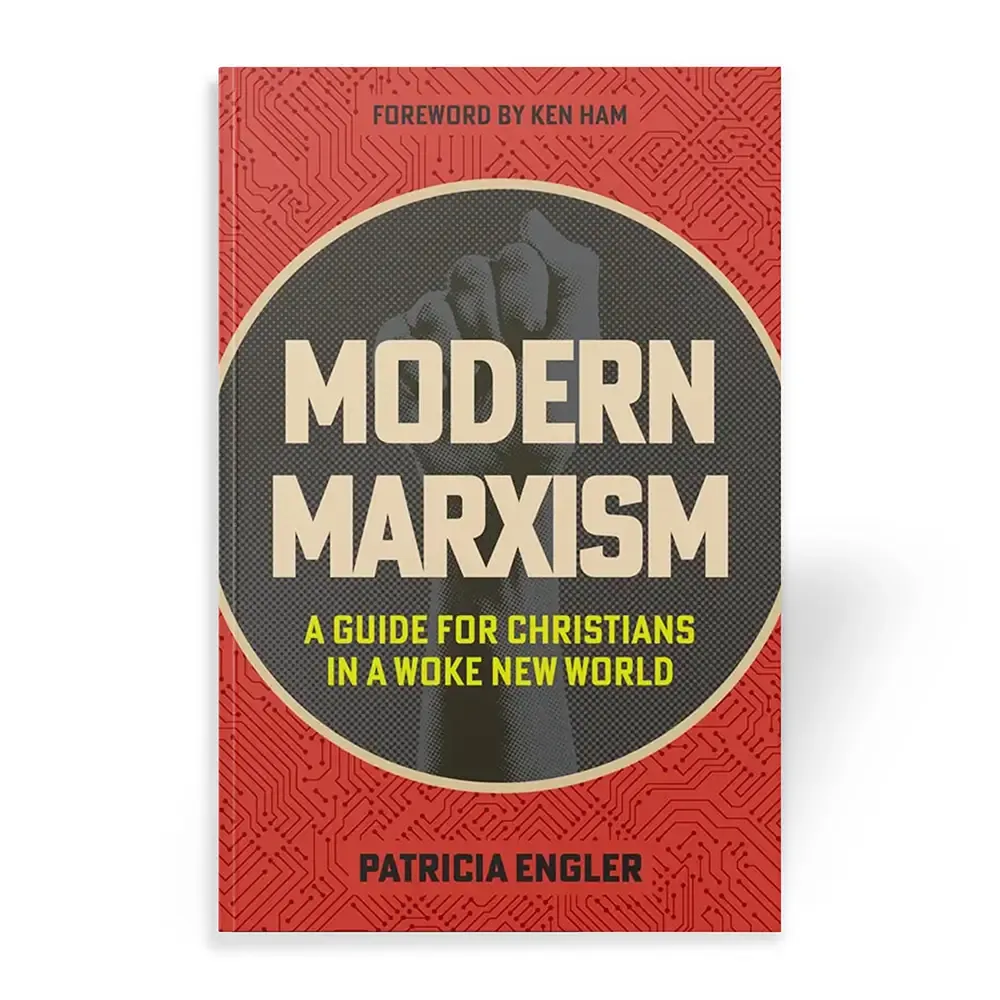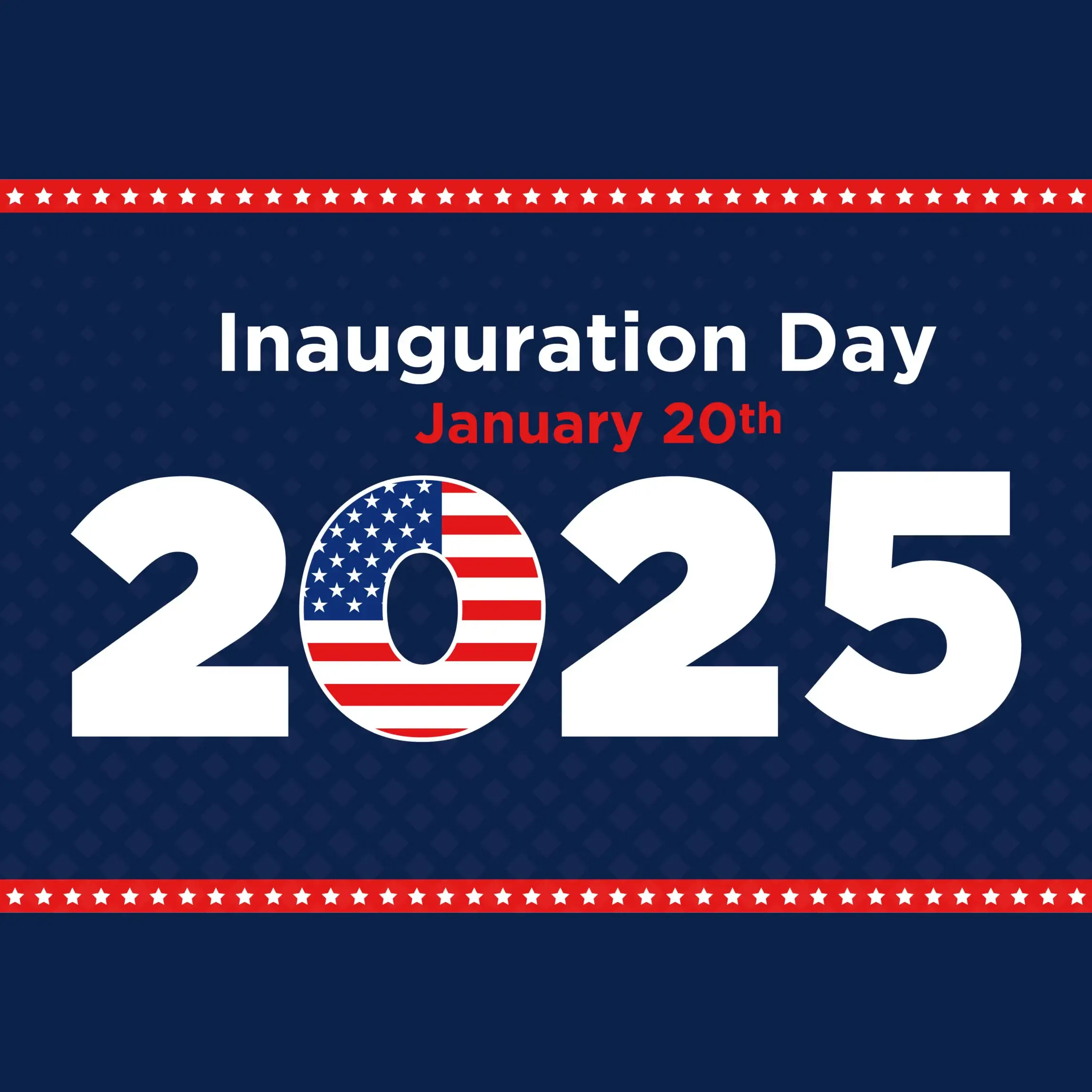Conservative Religious Beliefs Keep People Unafraid of COVID-19

One of the biggest debates on social media among Christians has been over the appropriate level of concern for a significant, long-term disruption of daily activities, and church attendance, because of the COVID-19 pandemic. Why do some people keep gathering at churches even in the face of the coronavirus, and others don’t?
Studies show fears around the spread of the disease tend to be lower among Protestant Christians who identify as politically conservative and regularly attend church. Analysts believe this may explain why some conservative leaders, including a couple of President Trump’s evangelical advisers, hesitated to cancel in-person worship or on-campus classes amid the current coronavirus precautions.
Starting in 2014, the Chapman Survey of American Fears asked respondents to its annual survey, “How worried are you that a pandemic or a major epidemic could occur in the United States in the next 25 years?” to gauge public sentiment around common phobias, spiritual forces, and natural disasters. From 2014 to 2018 concern over potential pandemics rose. Fewer people across religious groups said they were “not afraid” about the possibility of a new disease spreading in America.
How much does religious devotion affect Americans’ level of fear? It would seem that the more often people attend church services, the more exposure they would receive to the biblical admonitions to “run from fear,” to be “strong and courageous” and “to not be afraid or terrified … for the Lord your God goes with you,” the lower their level of fear.


